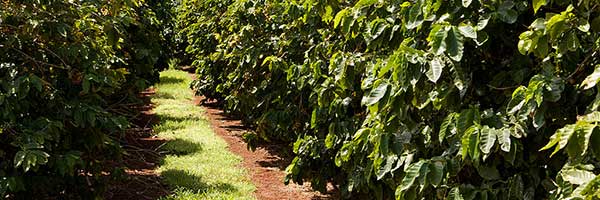White Stem Borer Breakthrough

The Indian Coffee Board could soon be receiving praise from coffee farmers, companies and scientists the world over if recent reports from the Economic Times of India are to be believed.
In an article published earlier today, it has been announced that the coffee authority in India has been researching how to combat the problems posed by white stem borer attacks on plantations and they have recently reached had their own ‘eureka!’ moment.
The presence of these borers (xylotrechus javanicus) has set off numerous alarm bells in the country, the sixth largest producer of coffee in the world, and the pests rise in recent years has seen the beetle become the main threat to the coffee industry.
Last month local research boards urged farmers to uproot and destroy affected crop in a bid to combat the infestation, such was potential problem posed by the borers.
Estimates had, provisionally, determined that 65,000 tonnes of crop were at risk.
The Central Coffee Research Institute (CCRI) has been working on the refinement of hormone technology, and a team of researchers had pinpointed the existence of a certain female pheromone and a number of attractants known as kairomones within some coffee plants.
Kairomones are chemicals naturally released by host plants that allure the borers and other pests.
Over the past couple of months the Indian Coffee Board had moved to tie up a working relationship with the Bio Control Research Laboratories, and together the two entities had succeeded on the creation of an opposing male pheromone which it is hoped will ward off these crop destroying critters.
Preliminary tests showed that traps using
Their findings offer hope not just to farmers, but also to researchers and scientists who are looking into pheromone technology. Besides potentially coming up with a way to secure plantations against pests, this breakthrough also represents an eco-friendly alternative to common methods that generally tend to result in wide-scale crop eradication.
The Board is, apparently, now going to provide baited raps to affected farmers at subsidised rates.
Will this method soon spread across the world?
It’s certainly good news for Indian coffee farmers, hopefully it’ll turn out to be good news for everybody associated with the industry!
Photo: Lukas ([1]) [CC-BY-2.0], via Wikimedia Commons
